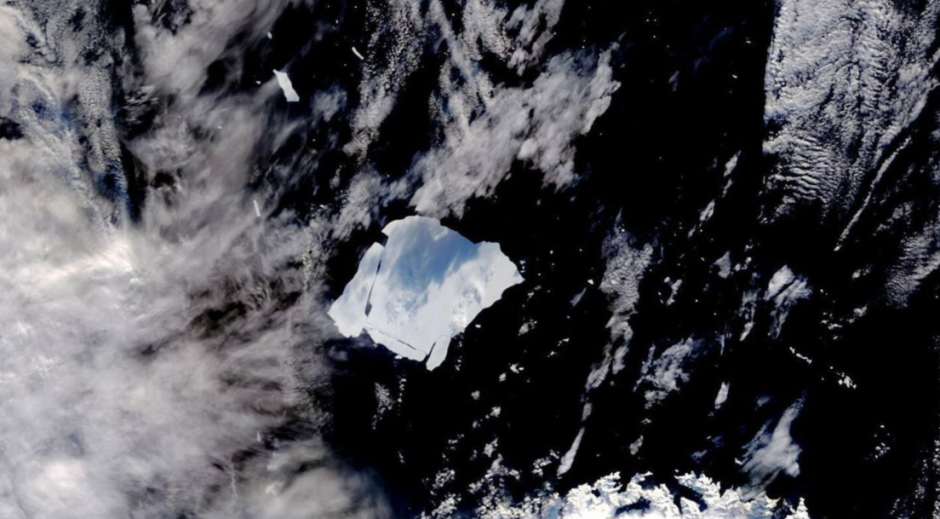
Iceberg A23a, once the largest in the world, has accelerated its fragmentation process and could disappear completely in the coming weeks.
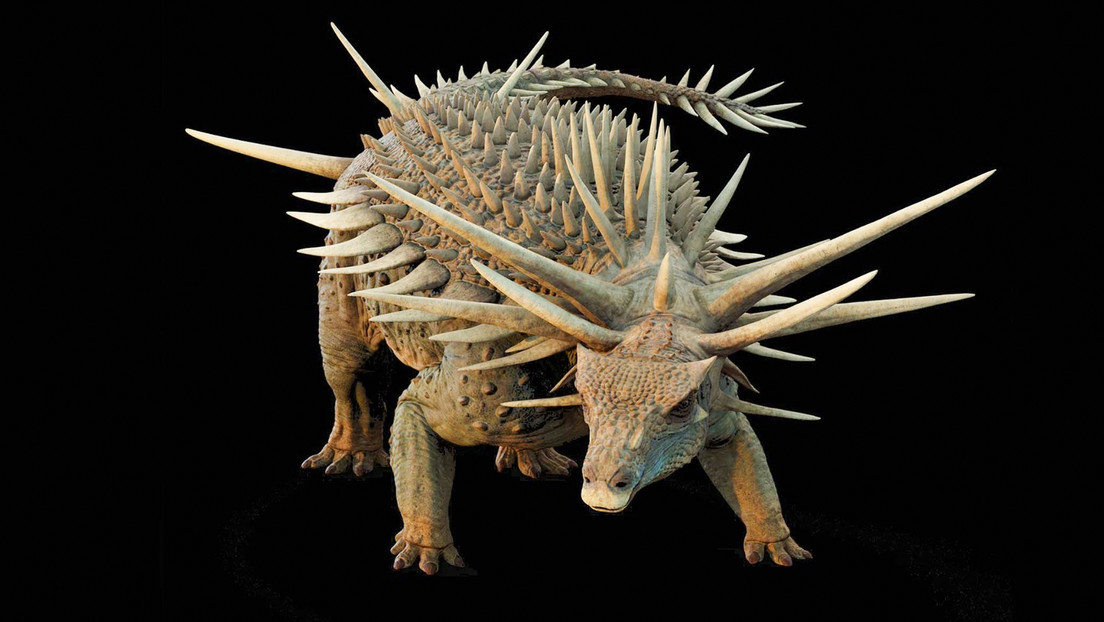
A team of paleontologists has discovered new remains of a species of ankylosaur, called Spicomellus afer, characterized by its unique bone structures. According to a statement from the University of Birmingham (United Kingdom), which participated in the study published in the journal Nature, this is the oldest ankylosaur in the world and one of the dinosaurs with the most imposing and unique morphology.
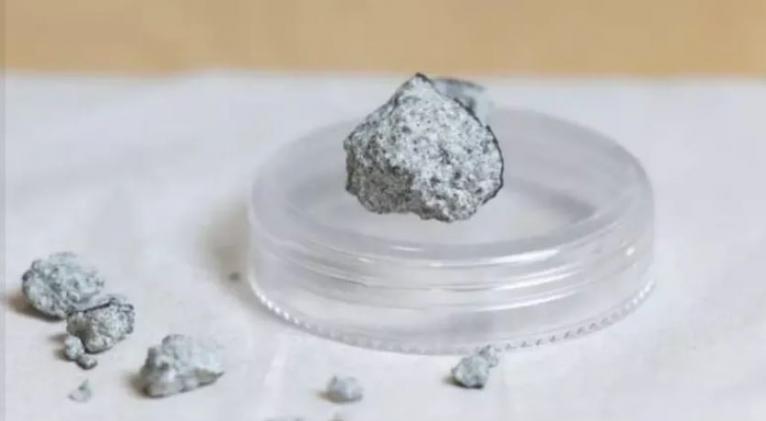
The meteorite that survived its entry into Earth's atmosphere on June 26 and impacted the roof of a house in the town of McDonough, near Atlanta, in the United States, was formed 4.56 billion years ago, making it older than Earth.

A large-scale study from Tufts University in Massachusetts suggests that drinking one to three cups of caffeinated coffee a day is associated with lower overall mortality, especially from cardiovascular causes.
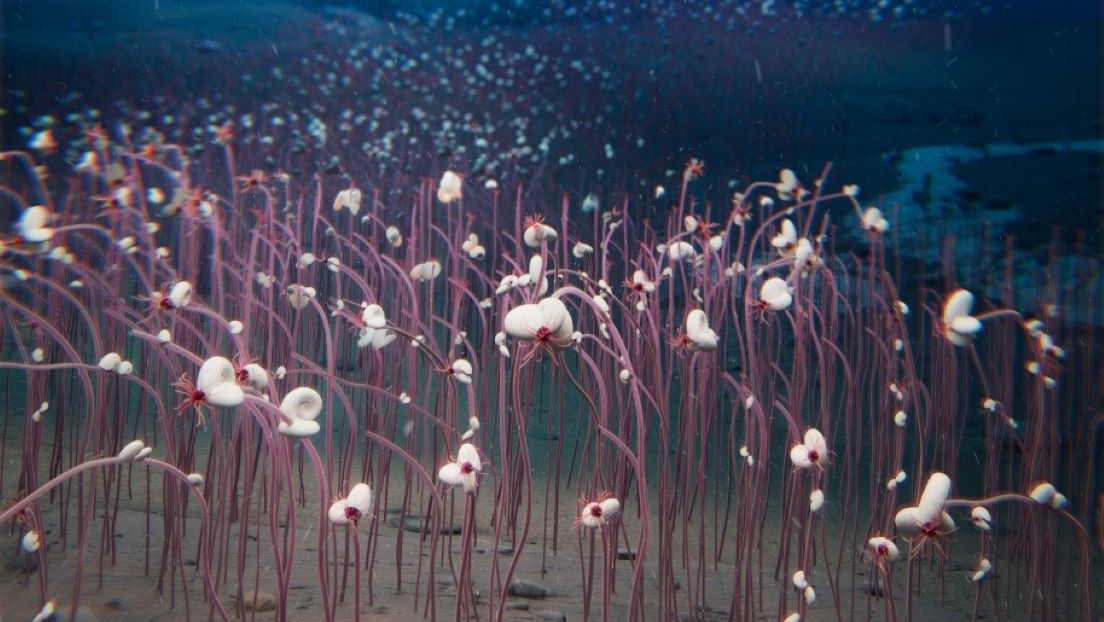
A team led by Chinese scientists has discovered vibrant marine communities in the depths of the ocean that live completely untouched by sunlight. Nearly 10,000 meters below the sea, these creatures get their energy not from the sun, but from chemical reactions occurring in the geological fluids of the seabed.

USA, July 30. - Excited or fearful, calm or anxious, the way a dog watches television says a lot about its character and personality: some, for example, follow objects moving on the screen, while others respond more to audible stimuli like a car horn.

London, 28 Jul. - Walking seven thousand steps as a preventive habit to slow the onset of cardiovascular disease, cognitive impairment and diabetes is the suggestion of research published today in The Lancet Public Health with more than 160,000 people.

Tokyo, July 24. - When temperatures rise, our internal biological clock is forced to change rhythm to stay synchronized with its 24-hour cycle: the activity of the genes involved actually changes with regularly repeating accelerations and decelerations.

USA, July 22 – Planet Earth is spinning faster. The most recent measurements, confirmed by high-precision atomic clocks, indicate that between this July 22 and next August 5, we could experience the shortest day in history.

United Kingdom, July 18. - In a pioneering development, eight healthy babies have been born in the United Kingdom thanks to a revolutionary technique that combines the DNA of three different people to prevent the inheritance of rare and often fatal genetic diseases.
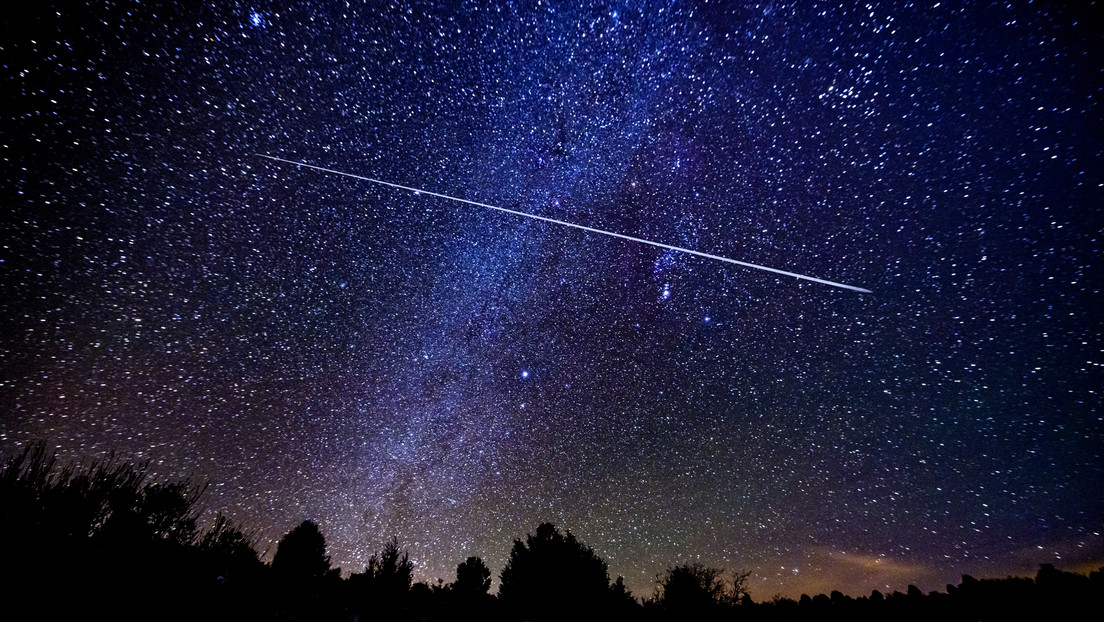
In late July and early August, three of this year's most significant meteor showers will light up the night sky as they reach their peak, offering a unique spectacle for astronomy fans. These are the Alpha Capricornids, the Delta Aquariids, and the Perseids, each with distinct characteristics.

Drinking at least six glasses of water daily reduces the risk of stroke by more than 20 percent, according to a US study today.